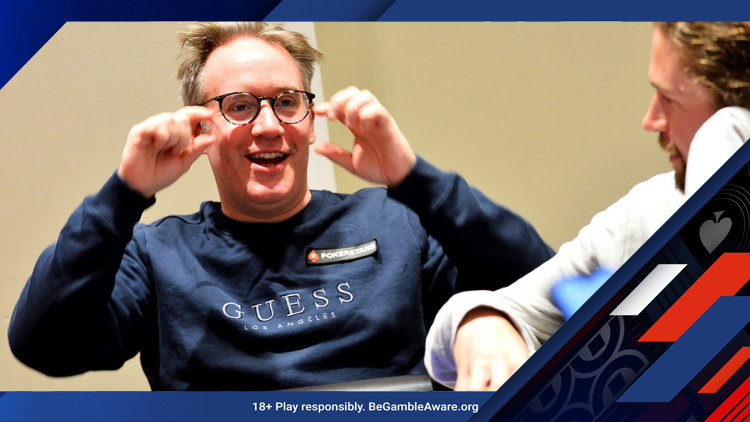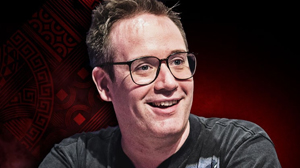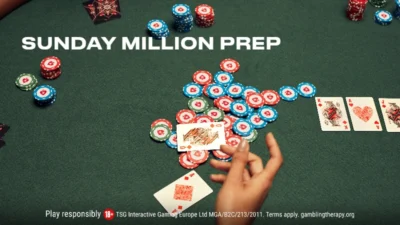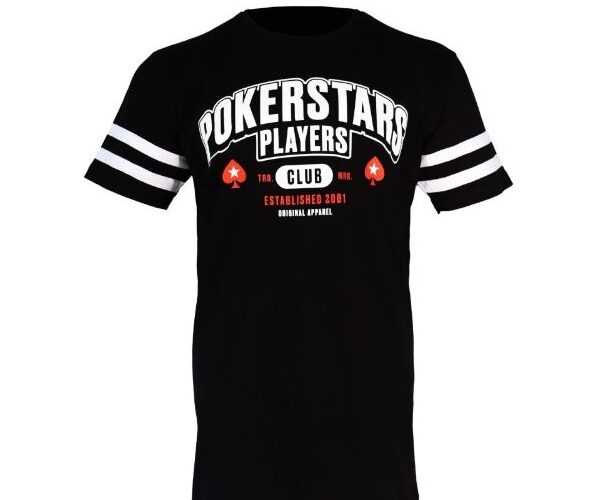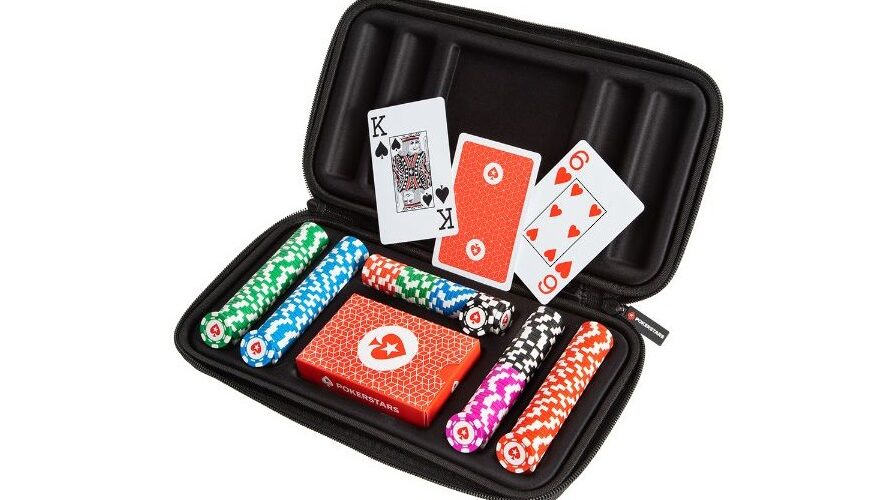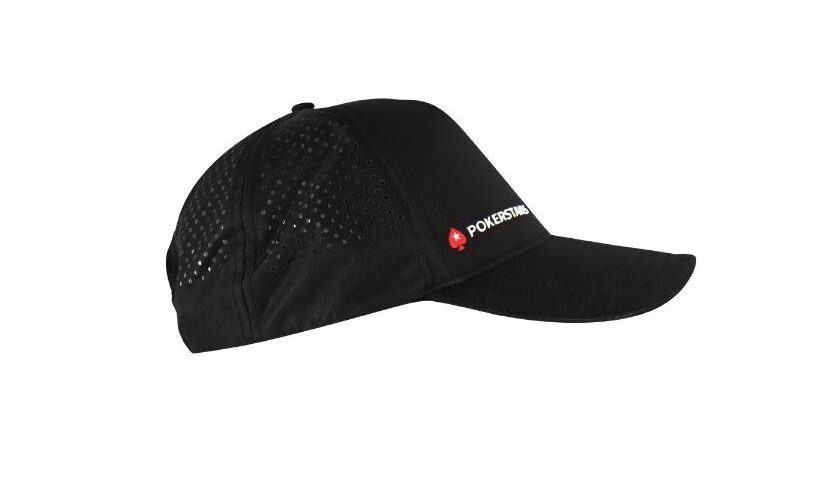Table of Contents
Before he was a Team PokerStars Pro, before he was a Super High Roller regular, before he was winning €5.5 million in $200K buy-in poker tournaments, Sam Grafton was a regular low-stakes grinder.
Just like you and I.
But in common with many people who start playing poker and fall in love with the game, Grafton also knew he wanted to gradually move up the ranks. Recreational players take a shot at going pro all the time, but there are no stats to confirm how many actually make it.
It might be tempting to say that Grafton was merely one of the lucky ones, but we all know that luck only plays a part in poker in the short term. It’s through skill and hard work that one succeeds for a meaningful length of time.
Shortly before he sat down in the £10,000 buy-in tournament at EPT London, we asked Grafton for his top tips on how to move up through the ranks in poker. It wasn’t that long ago that Grafton was playing £5 buy-in tournaments in poker clubs across London, so he was clearly the man to ask.
If you’re serious about moving up the stakes in poker, here is some invaluable advice.
PRACTICE GOOD GAME SELECTION
You always want to spend some time thinking about the type of games you’re going to play. And if you’re looking to move up, the best place to look is at the satellites. Find good satellites. Satellites are the opportunity to play within your bankroll. You also get the experience of playing higher if you can qualify for a big live stop.
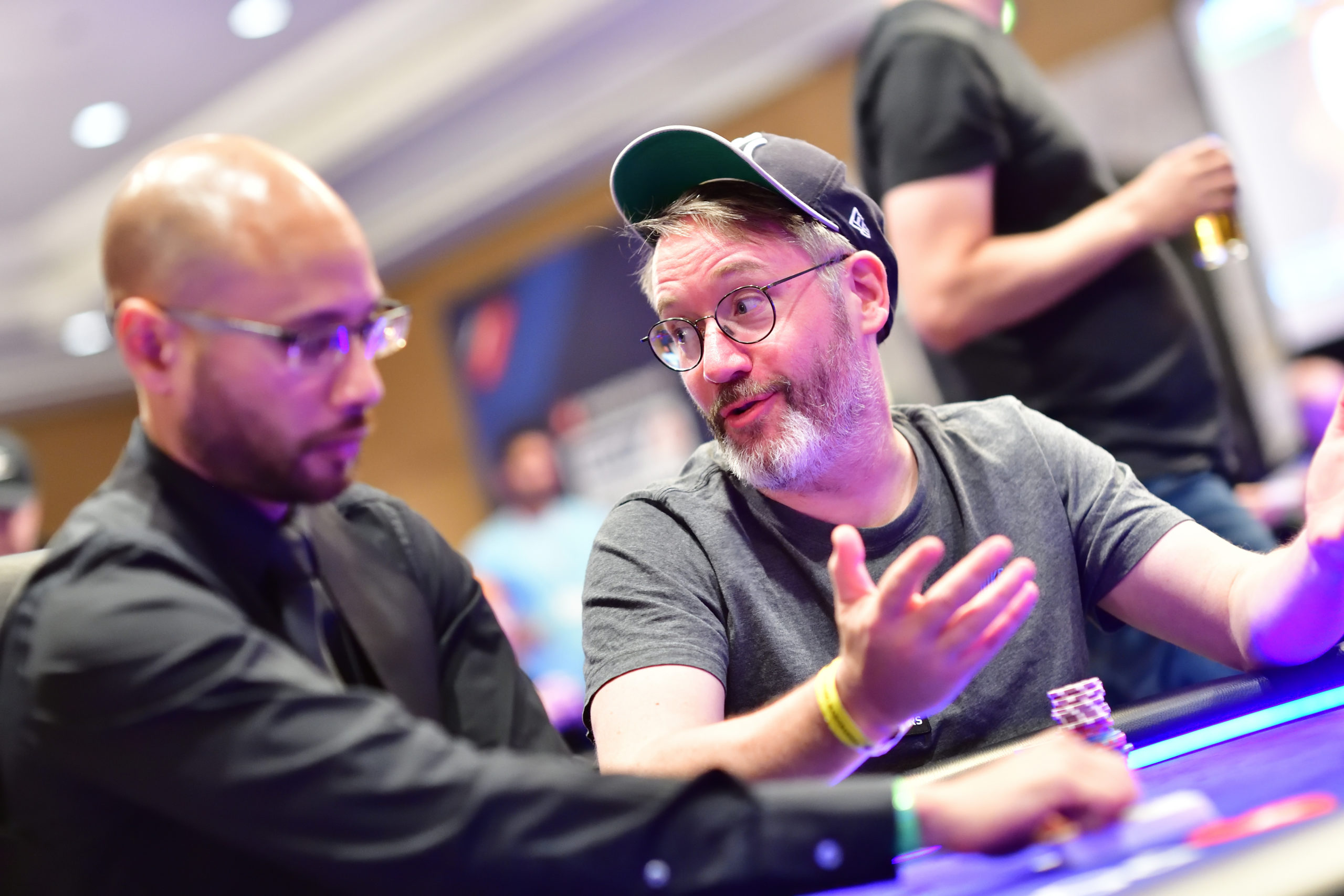
Sam Grafton
Also, if you’re going to take a shot at a tournament bigger than you usually play, make sure it’s in one of the better tournaments for that buy-in.
So if you want to play your first $100 tournament, it should be the Sunday Million. This is the best value tournament, it has the most amount of recreational players and the softest field. If you’re going to play your first $500 tournament, it should be the Bounty Builder. That’s the biggest, it offers the most comfortable experience at those levels.
It’s the same if you’re moving up in cash games. Look for when the game is good, don’t just jump into a random one. A bit of game selection is a very good thing.
PLAY WITHIN YOUR MEANS; DON’T PUT YOUR BANKROLL AT RISK
One of the most important things to remember at any level of poker is that you should never put too much of your bankroll at risk.
For most pros, it’s usually no more than 1% or 0.5% of their net worth, but this is also true for players starting low and trying to move up. You should think about having 100 buy-ins in whatever tournament you’re playing. So if you’re playing $22 tournaments, have $2,200. I think that’s reasonable.
Even now, if you started me off with $2,200, I wouldn’t go off and play $100 buy-in tournaments. I would allow myself a lot of shots at $22 tournaments.
KNOW WHAT YOU WANT OUT OF POKER, AND BE HONEST ABOUT YOUR ABILITIES
Keeping track of how you’re doing at different buy-in levels is really important. You need to know whether you’re actually beating the game. This is useful if you’re trying to take the game more seriously.
Keep records so that you can see at what buy-in levels you’re winning, and by how much. Some people use Poker Tracker for this. Some people check their SharkScope. Some people do it the old-fashioned way with a pen and pad. But that’s something you can do to prove to yourself, or to prove to loved ones, that poker a self-sustaining hobby, or whatever it might be.
Being realistic about your own abilities is absolutely crucial. And you have to know what are you trying to get out of poker. If you’re playing poker purely for enjoyment, and you can afford to take a hit, then there’s nothing wrong with stepping up. You can go and play in, let’s say, a €1K in Prague. If that’s how you want to spend your holiday, and you can afford that, then that’s totally up to you and it’s absolutely great.
But if you’re trying to play poker in the long run and for it to be profitable, then being realistic about how good you are versus the field is an important skill.
I definitely had my doubts when I stepped into my first $10K. I had doubts when I stepped into my first $50K. That’s something you’re going to experience at all levels. All players, no matter how experienced, if they have a misconception about how they do, if they’re not honest with themselves, they’re going to find themselves in trouble at some stage.
Having that realism about the situation is better. That doesn’t mean that if you want to do something for fun you shouldn’t do something for fun.
BUILD A COMMUNITY
If you want to take a shot, you can think about selling action to players or to friends. Particularly in the live arena, sometimes there are tournaments you want to step into, think about selling action or swapping action.
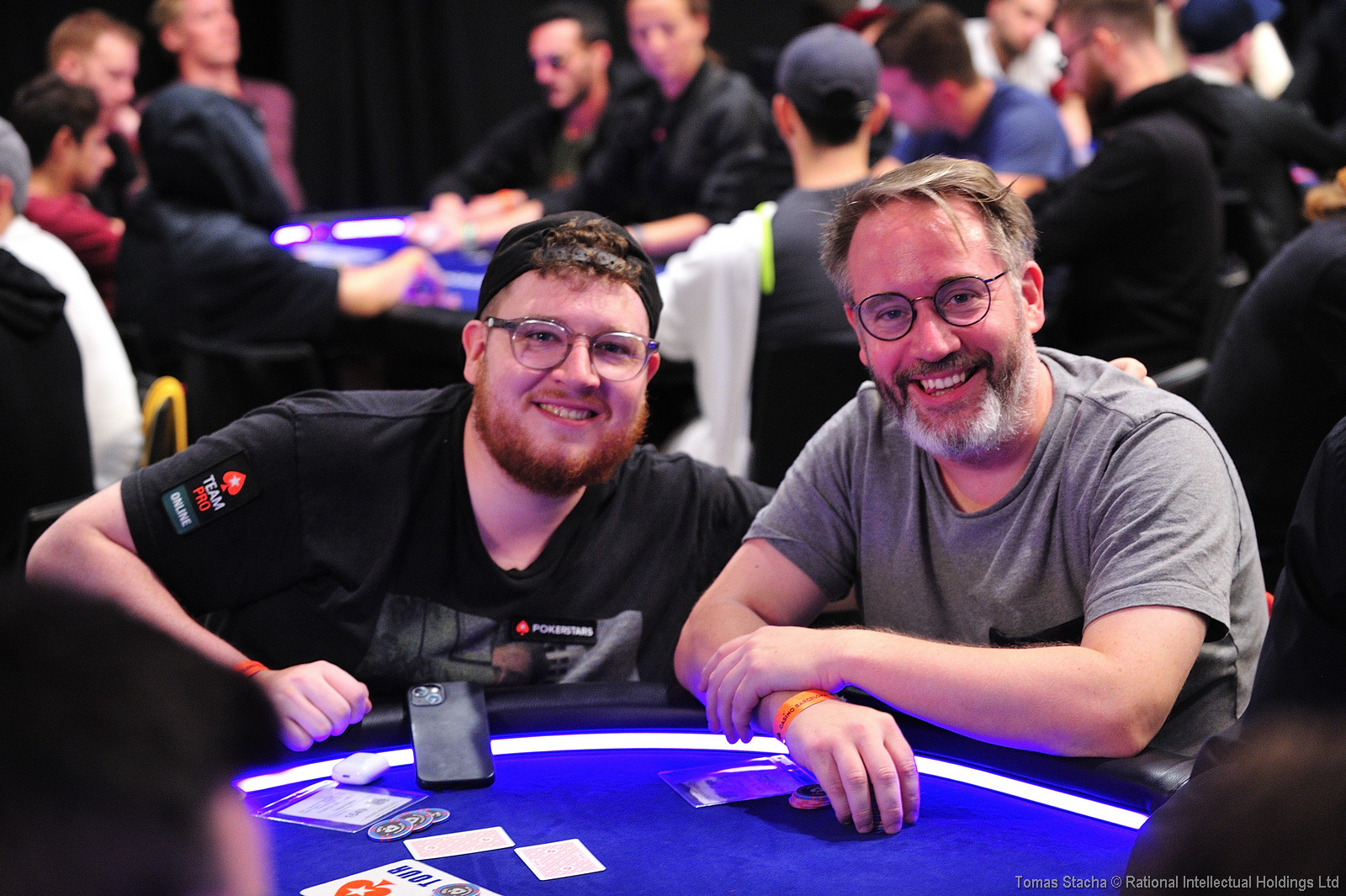
Sam Grafton and his Team Pro colleague Parker Talbot
Swapping action is a really good way to lower variance and build relationships and friendships. That’s something I do now — but it only comes with time. I would never say to a real beginner to start swapping — you probably don’t have the community and you don’t have the skills to know whether someone is as good as you, or if it’s a good swap.
But what you do as you move up the ranks is that you build up a community of people that you can sell action to or buy action from.
HAVE CONFIDENCE IN YOUR GAME
To be more positive about this, I think you should also have confidence in yourself as you move up the ranks.
I sometimes used to think that the people above me must know something that I don’t know, some special magic. It’s still two cards versus two cards. You have access to the same resources as them, and there are lots of resources out there nowadays.
Yes, it’s nice to be respectful to people who play higher stakes, but don’t be overawed. You’re going to win hands against players that are better than you, and you’re going to lose hands against players that are worse.
If you’re taking the game seriously and trying to win, that already puts you ahead of part of the field. If you’re already reading this blog and thinking honestly about how to win at poker, that puts you ahead of some percentage of the field already.
DON’T BE AFRAID TO MOVE BACK DOWN
If you feel like you’re on a downswing, and you feel like you’re coming to an end of either the recreational money that you’ve set aside, or the bankroll you’re using to make it a self-sustaining hobby, or the bankroll you’re putting in play as a pro, then you should drop down.
You’ll always suffer downswings in poker, and if you feel that your bankroll can’t sustain the level you’re playing at that moment, just drop back down again.
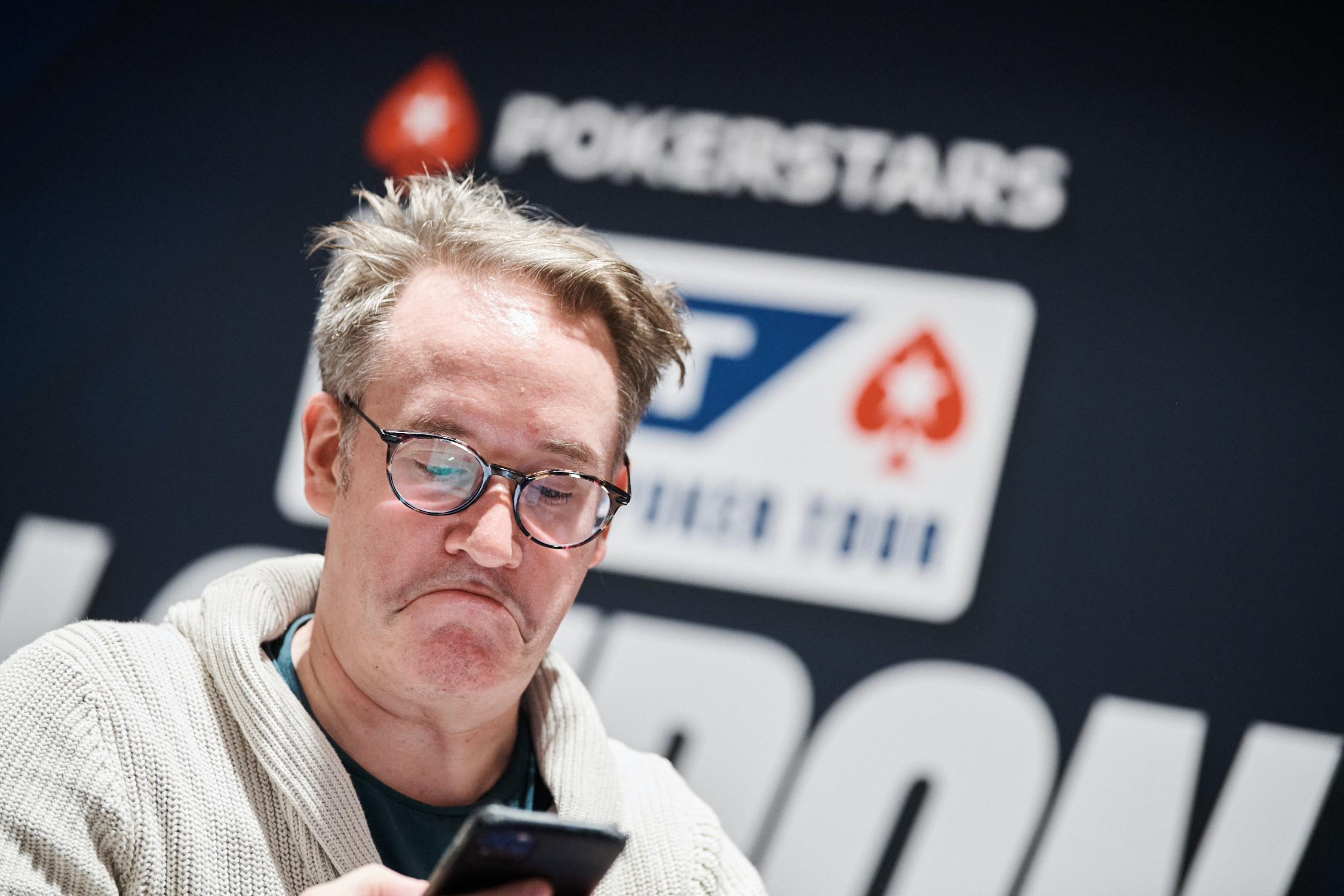
There will be lows as well as highs
Sometimes it’s nice to drop down and to remember how far you’ve come in your poker journey. You might find that you’re playing and you think, ‘This tournament used to feel really difficult, but actually now I feel pretty comfortable.’ You might think that these stakes are now OK.
That’s definitely something that I do, just go back and remember it’s an enjoyable game, take the pressure off yourself. If you’re feeling that anxiety about money, or you’re feeling that anxiety about your position in the ecology, stepping back can actually be really renewing for your game.
To play against people you already know, for stakes you already know you have beaten for a good amount of money. You have that graph, or you have those memories, that experience in the bank. That can be a really good thing to do.


